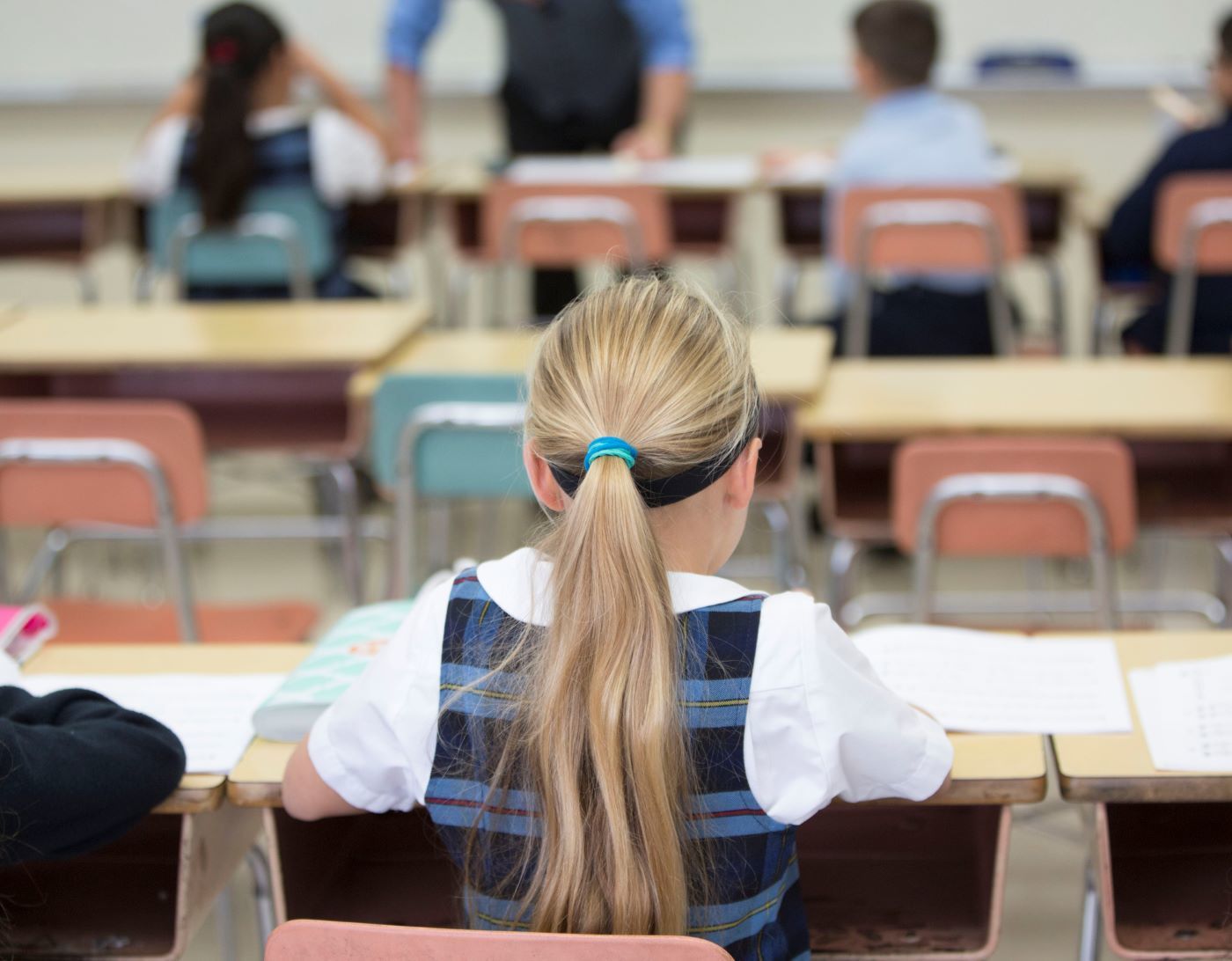
Faith in Focus: Flagstaff's Spiritual Landscape Unfolds in January's Final Weekend
Discover Warmth and Community at Peace Lutheran Church
Join us for a meaningful Sunday morning worship experience that nurtures your spirit and connects you with a caring community. Our weekly service provides a welcoming atmosphere where everyone feels at home.
Sunday Service Details
- Time: 10:00 AM - 11:00 AM
- Location: 3430 North Fourth Street, Flagstaff, AZ 86004
- Contact: (928) 526-9578
We are a small, intimate church dedicated to creating a supportive and inclusive environment where faith, fellowship, and community come together. Whether you're a long-time believer or exploring spirituality, we invite you to be part of our warm and accepting congregation.
Come as you are and experience the love and grace of our community!










